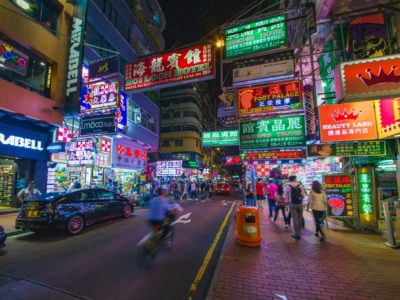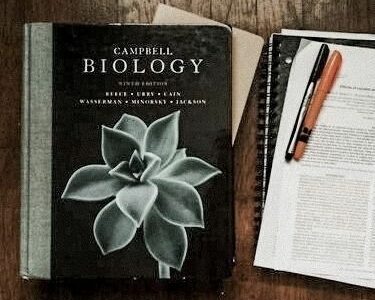Making the journey from college to the real world was a daring task for the millennial generation. Behind them lay a sea of opportunity and in front of them, the same except with no boat.
Previous College Magazine writer Morgan Davis made that journey dipping in and out of different waters and landed in Hong Kong, China.
Davis graduated from the George Washington University (Raise High!) in the School of Media and Public Affairs. She said she started her freshman year pursuing a political science major like every other first-year who attends GW. To her, journalism was more of a hobby instead of a career. The following year, however, she decided to add it to her degree. “I wanted distinct understandings of [the] political and journalism side of things,” said Davis. Why not study political communication you ask? Davis said the field muddled the political and journalistic together more than she preferred.
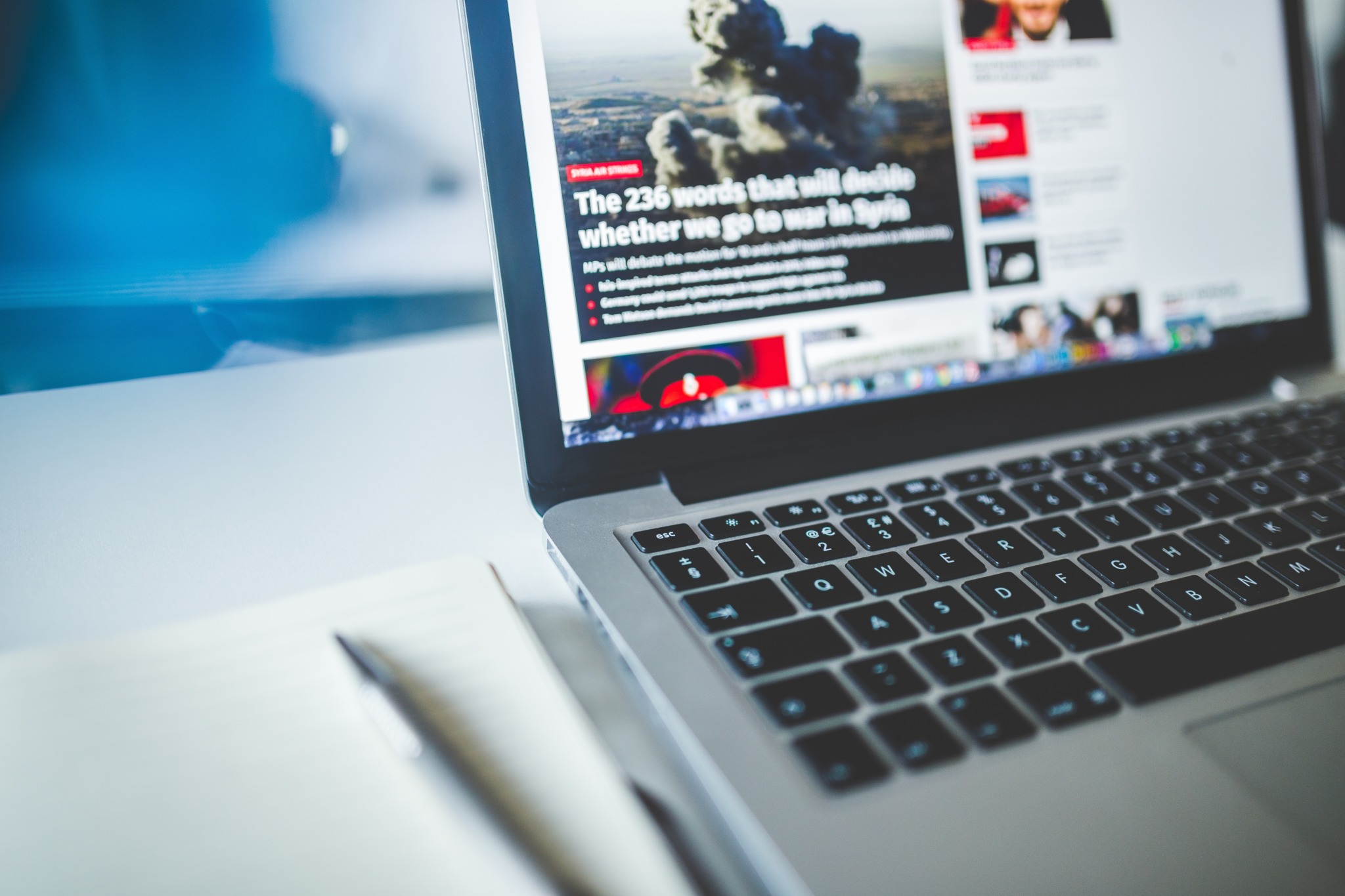
As her journey through GW came to a close, Davis wanted a job in journalism. During her senior year, she worked at College Magazine as Editor-in-Chief. She began working with CM during its second year running. She said there was a lot of power in what they were able to achieve by the magazine being so new and having so much potential.
“It was all about experimenting. We played around with the layout for the print. We did a lot of human-interest stories. I wrote about everything from sexting to Adderall abuse,” said Davis.
When she left CM, however, her compass guided her to world politics. Graduate school at Columbia University allowed her to cover events at the United Nations and work on events happening all over the world…such as the financial crisis. Davis found it difficult to find a job after graduate school. Within the rough waters, she found a safe route through writing finance. She said the field stayed open with positions, so she took a leap of faith and eventually adapted to analyzing numbers.
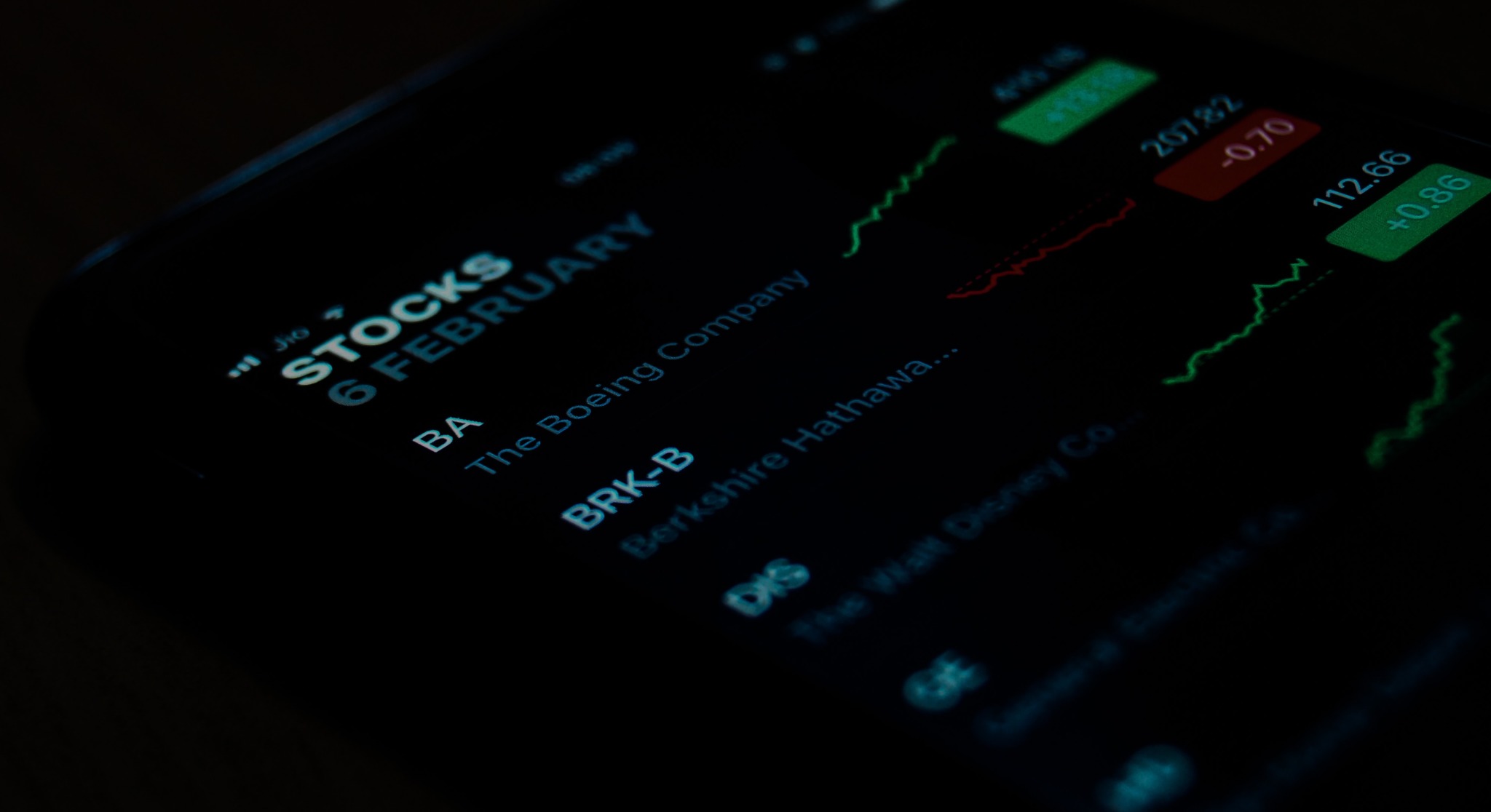
Finance meant more than securing a job or reporting numbers to Davis. Underneath lied tunnels to things like politics and basically everything else you could think of. Davis rose to the challenge of breaking down those complicated concepts. She recognized the average person had not understood the ways finance affected their life. Though she was not familiar with the subject either, she knew it was important and wanted to be able to report on it.
“Finance made a lot of sense because it played a part in everything,” said Davis. She also mentioned how, currently, finance really matters when issues like Brexit, trade wars, Bitcoin and new waves of banking arise that people are getting involved in. Despite the implications of its importance, she admitted, “Finance is one of the least exciting things people don’t want to spend the time to get into.”
After upping her ranks in financial journalism at FundFire and NexChange, Davis reached the shores of Hong Kong at GlobalCapital. She was hired to cover the Asian bond market as her primary job. As section editor, Davis chases feature stories, decides on the print layout and moderates conferences to which she specializes in green finance.
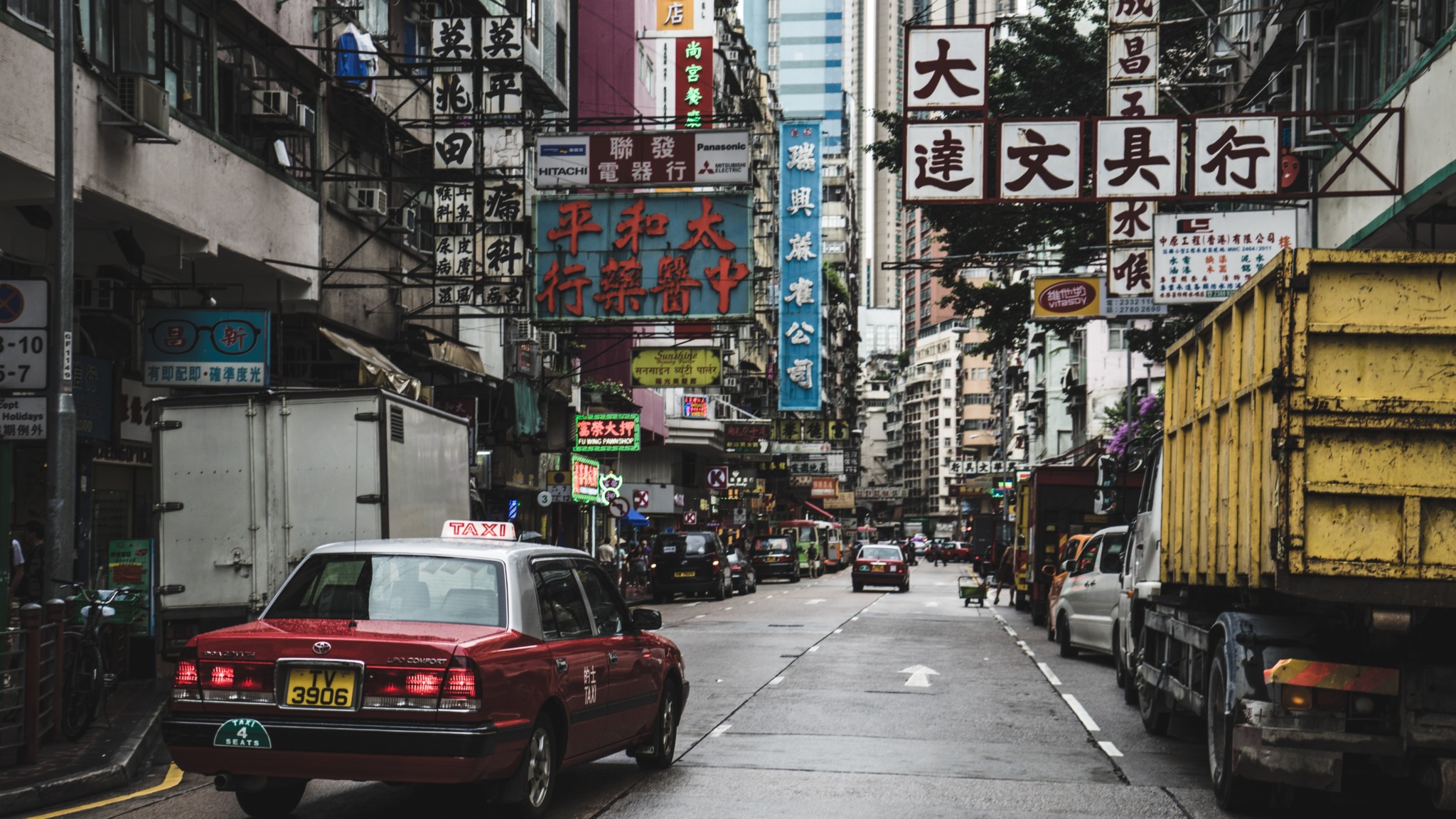
She also writes for Asiamoney, the sister publication to GlobalCapital, working on special projects such as a magazine focused on banking diversity in Asia (excluding Japan). The biggest challenge Davis faced? The self-censorship that China has historically pressured onto its journalists. Davis explained there’s more caution in reporting because people don’t know what will get them in trouble. “It’s very difficult for journalists. There’s still sensitive subjects like implications of protests on the market,” said Davis. However, when it comes to finance, she said it’s hard to argue with stocks as long as you’re careful with how you word things.
To Davis, reporting is a form of service to the public. “Journalism is very much the fourth estate,” she said. “It needs to be explanatory and break down complicated things…taking complicated things and making it something people can understand.” She said it’s important for journalists to be able to communicate, especially if it’s a seemingly unexcited topic such as finance. But if we want to know how to navigate the seas of the real world, shouldn’t we know how to financially prepare? She said it’s important for her to understand where her money goes. Maybe we should think so too.
“No matter where you are in the world…you have to plan for your future,” said Davis.

